-
 Bitcoin
Bitcoin $91,267.7899
4.91% -
 Ethereum
Ethereum $1,698.0536
7.55% -
 Tether USDt
Tether USDt $1.0008
0.08% -
 XRP
XRP $2.1556
3.71% -
 BNB
BNB $609.0535
2.18% -
 Solana
Solana $145.0560
7.22% -
 USDC
USDC $1.0001
0.01% -
 Dogecoin
Dogecoin $0.1713
8.74% -
 TRON
TRON $0.2468
1.15% -
 Cardano
Cardano $0.6554
5.57% -
 Chainlink
Chainlink $13.8250
5.91% -
 Avalanche
Avalanche $21.7000
8.07% -
 UNUS SED LEO
UNUS SED LEO $8.9828
-1.62% -
 Stellar
Stellar $0.2592
2.54% -
 Sui
Sui $2.4326
11.69% -
 Shiba Inu
Shiba Inu $0.0...01320
6.88% -
 Toncoin
Toncoin $2.9990
2.71% -
 Hedera
Hedera $0.1772
4.60% -
 Bitcoin Cash
Bitcoin Cash $357.4340
3.92% -
 Litecoin
Litecoin $82.9554
6.26% -
 Hyperliquid
Hyperliquid $18.6293
6.01% -
 Polkadot
Polkadot $3.9012
1.96% -
 Dai
Dai $1.0000
0.01% -
 Bitget Token
Bitget Token $4.5213
2.02% -
 Ethena USDe
Ethena USDe $0.9997
0.04% -
 Pi
Pi $0.6393
1.13% -
 Monero
Monero $222.4871
3.20% -
 Pepe
Pepe $0.0...08430
8.45% -
 Uniswap
Uniswap $5.6188
6.43% -
 Aptos
Aptos $5.1020
2.23%
How to top up MEXC contract
To maximize potential profits in perpetual futures trading on MEXC contract, topping up your account with sufficient funds is crucial, and this guide provides a detailed step-by-step process to ensure a seamless experience.
Nov 08, 2024 at 10:50 pm
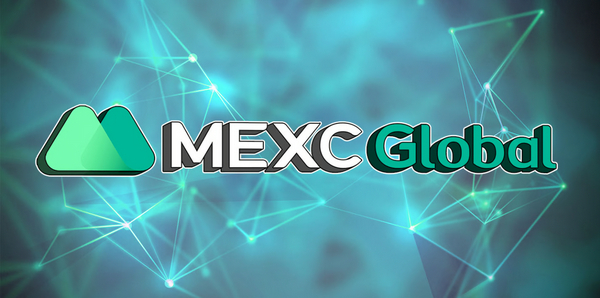
How to Top Up MEXC Contract
MEXC contract, a perpetual futures trading platform, allows traders to leverage their positions to maximize potential profits. To participate in contract trading, it is essential to top up your contract account with sufficient funds. This comprehensive guide will walk you through the step-by-step process of topping up your MEXC contract account, ensuring a seamless and hassle-free experience.
Step 1: Log in to Your MEXC Account
- Access the MEXC website and click the "Log In" button.
- Enter your credentials (email/phone number and password) and click "Log In."
- If you do not have a MEXC account, register by clicking the "Sign Up" button.
Step 2: Navigate to the Contracts Page
- From the MEXC homepage, hover over the "Derivatives" tab.
- Select "Contracts" from the dropdown menu.
- You will be redirected to the contracts trading page.
Step 3: Choose Your Preferred Top-Up Method
MEXC provides multiple top-up methods to cater to diverse user preferences. You can choose from the following options:
- Spot Transfer: Transfer funds from your MEXC spot account to your contract account instantly.
- P2P Transfer: Buy crypto directly from other users through the MEXC P2P platform.
- Third-Party Payment: Utilize third-party payment gateways such as credit/debit cards or bank transfers.
- Cryptocurrency Deposit: Send cryptocurrency from an external wallet or exchange to your MEXC deposit address.
Step 4: Select Your Top-Up Currency
Depending on the top-up method chosen, you may need to select the currency you wish to top up with. MEXC supports various cryptocurrencies, including Bitcoin (BTC), Ethereum (ETH), Tether (USDT), and many others.
Step 5: Enter the Top-Up Amount
Specify the amount you wish to top up your MEXC contract account with. Consider the minimum and maximum top-up limits associated with your chosen method.
Step 6: Confirm the Transaction
Review the top-up details (currency, amount, fee) carefully. Once satisfied, confirm the transaction to initiate the top-up process.
Step 7: Complete the Top-Up Process
Depending on the chosen top-up method, you may need to complete additional steps, such as:
- Spot Transfer: Confirm the transfer from your spot account in the confirmation window.
- P2P Transfer: Connect with a seller on the P2P platform and complete the transaction off-platform.
- Third-Party Payment: Provide credit/debit card or bank account information and follow the on-screen instructions.
- Cryptocurrency Deposit: Send the specified amount to the provided deposit address using an external wallet or exchange.
Step 8: Monitor Your Top-Up Status
You can check the status of your top-up in the "Funds" section of your contract account. Once the transaction is confirmed, the funds will be credited to your contract account.
Disclaimer:info@kdj.com
The information provided is not trading advice. kdj.com does not assume any responsibility for any investments made based on the information provided in this article. Cryptocurrencies are highly volatile and it is highly recommended that you invest with caution after thorough research!
If you believe that the content used on this website infringes your copyright, please contact us immediately (info@kdj.com) and we will delete it promptly.
- How Much Could $2,000 in Ripple (XRP) Be Worth at the Peak of the Bull Run?
- 2025-04-23 02:00:20
- Mind of Pepe (MIND) Token Presale Sells Out Ahead of Listing, Promises AI-Powered Meme Coin Experience
- 2025-04-23 02:00:20
- Galaxy Digital Moves $105M Worth of Ethereum to Solana
- 2025-04-23 01:55:12
- A major whale has made a significant move in the Mantra (OM) market
- 2025-04-23 01:55:12
- World of Women (WoW) Prepares to Enchant the World Once Again with its Flagship Event: the WoW Gala Lisboa
- 2025-04-23 01:50:12
- Onyxcoin (XCN) Has Plunged by 15% in the Past Week and Is Poised to Extend Its Decline as Selloffs Strengthen
- 2025-04-23 01:50:12
Related knowledge
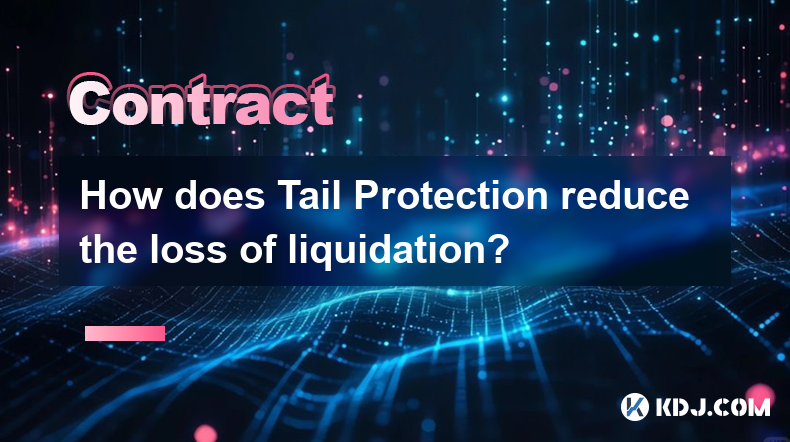
How does Tail Protection reduce the loss of liquidation?
Apr 11,2025 at 01:50am
Introduction to Tail Protection in CryptocurrencyTail Protection is a mechanism designed to mitigate the risks associated with liquidation in cryptocurrency trading. Liquidation occurs when a trader's position is forcibly closed by the exchange due to insufficient margin to cover potential losses. This often happens in leveraged trading, where traders b...
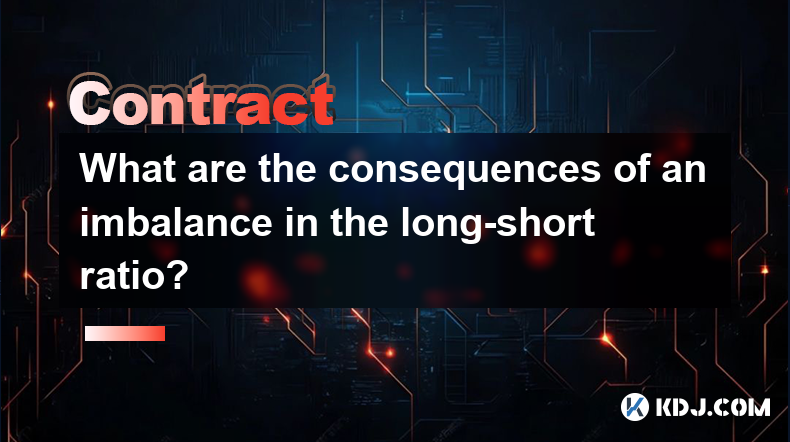
What are the consequences of an imbalance in the long-short ratio?
Apr 13,2025 at 02:50pm
The long-short ratio is a critical metric in the cryptocurrency trading world, reflecting the balance between bullish and bearish sentiments among traders. An imbalance in this ratio can have significant consequences on the market dynamics, affecting everything from price volatility to trading strategies. Understanding these consequences is essential fo...
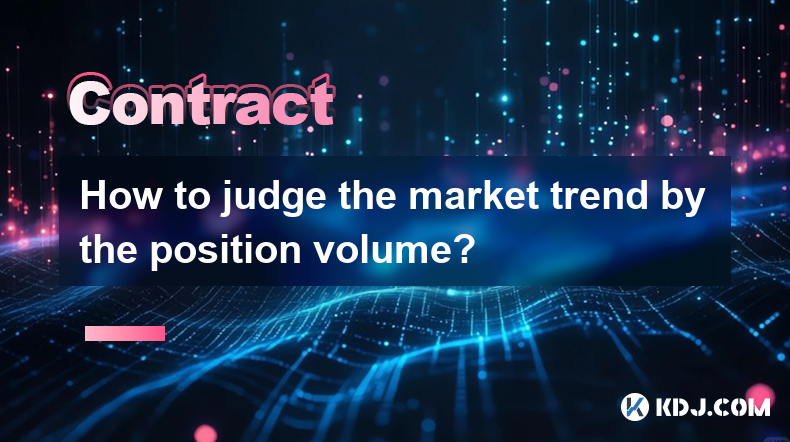
How to judge the market trend by the position volume?
Apr 11,2025 at 02:29pm
Understanding how to judge the market trend by position volume is crucial for any cryptocurrency trader. Position volume, which refers to the total number of open positions in a particular cryptocurrency, can provide valuable insights into market sentiment and potential price movements. By analyzing this data, traders can make more informed decisions ab...

Why does a perpetual contract have no expiration date?
Apr 09,2025 at 08:43pm
Perpetual contracts, also known as perpetual futures or perpetual swaps, are a type of derivative product that has gained significant popularity in the cryptocurrency market. Unlike traditional futures contracts, which have a fixed expiration date, perpetual contracts do not expire. This unique feature raises the question: why does a perpetual contract ...
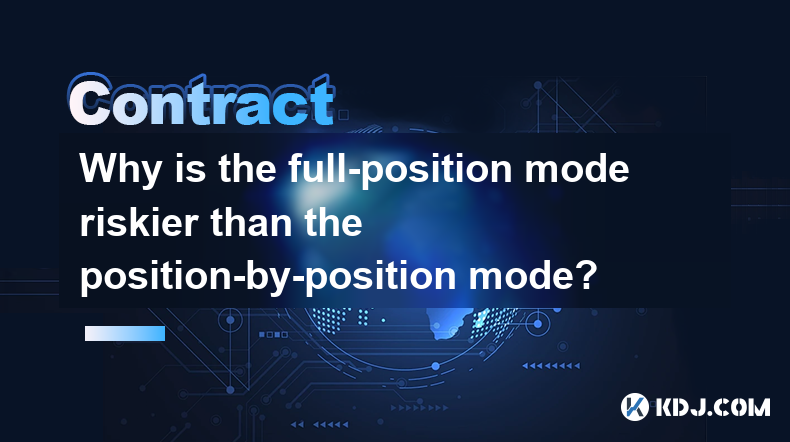
Why is the full-position mode riskier than the position-by-position mode?
Apr 13,2025 at 03:42pm
Why is the Full-Position Mode Riskier Than the Position-by-Position Mode? In the world of cryptocurrency trading, the choice between full-position mode and position-by-position mode can significantly impact the risk profile of a trader's portfolio. Understanding the differences between these two modes is crucial for making informed trading decisions. Th...
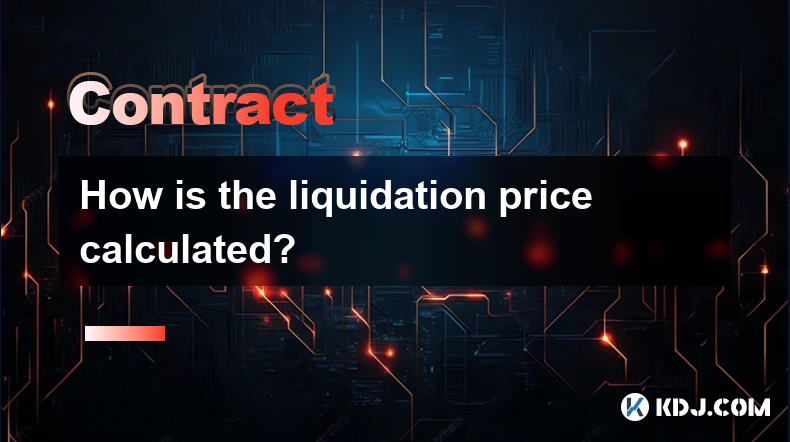
How is the liquidation price calculated?
Apr 12,2025 at 01:35am
Introduction to Liquidation PriceLiquidation price is a critical concept in the world of cryptocurrency trading, particularly when dealing with leveraged positions. Understanding how this price is calculated is essential for traders to manage their risk effectively. The liquidation price is the point at which a trader's position is forcibly closed by th...

How does Tail Protection reduce the loss of liquidation?
Apr 11,2025 at 01:50am
Introduction to Tail Protection in CryptocurrencyTail Protection is a mechanism designed to mitigate the risks associated with liquidation in cryptocurrency trading. Liquidation occurs when a trader's position is forcibly closed by the exchange due to insufficient margin to cover potential losses. This often happens in leveraged trading, where traders b...

What are the consequences of an imbalance in the long-short ratio?
Apr 13,2025 at 02:50pm
The long-short ratio is a critical metric in the cryptocurrency trading world, reflecting the balance between bullish and bearish sentiments among traders. An imbalance in this ratio can have significant consequences on the market dynamics, affecting everything from price volatility to trading strategies. Understanding these consequences is essential fo...

How to judge the market trend by the position volume?
Apr 11,2025 at 02:29pm
Understanding how to judge the market trend by position volume is crucial for any cryptocurrency trader. Position volume, which refers to the total number of open positions in a particular cryptocurrency, can provide valuable insights into market sentiment and potential price movements. By analyzing this data, traders can make more informed decisions ab...

Why does a perpetual contract have no expiration date?
Apr 09,2025 at 08:43pm
Perpetual contracts, also known as perpetual futures or perpetual swaps, are a type of derivative product that has gained significant popularity in the cryptocurrency market. Unlike traditional futures contracts, which have a fixed expiration date, perpetual contracts do not expire. This unique feature raises the question: why does a perpetual contract ...

Why is the full-position mode riskier than the position-by-position mode?
Apr 13,2025 at 03:42pm
Why is the Full-Position Mode Riskier Than the Position-by-Position Mode? In the world of cryptocurrency trading, the choice between full-position mode and position-by-position mode can significantly impact the risk profile of a trader's portfolio. Understanding the differences between these two modes is crucial for making informed trading decisions. Th...

How is the liquidation price calculated?
Apr 12,2025 at 01:35am
Introduction to Liquidation PriceLiquidation price is a critical concept in the world of cryptocurrency trading, particularly when dealing with leveraged positions. Understanding how this price is calculated is essential for traders to manage their risk effectively. The liquidation price is the point at which a trader's position is forcibly closed by th...
See all articles























































































